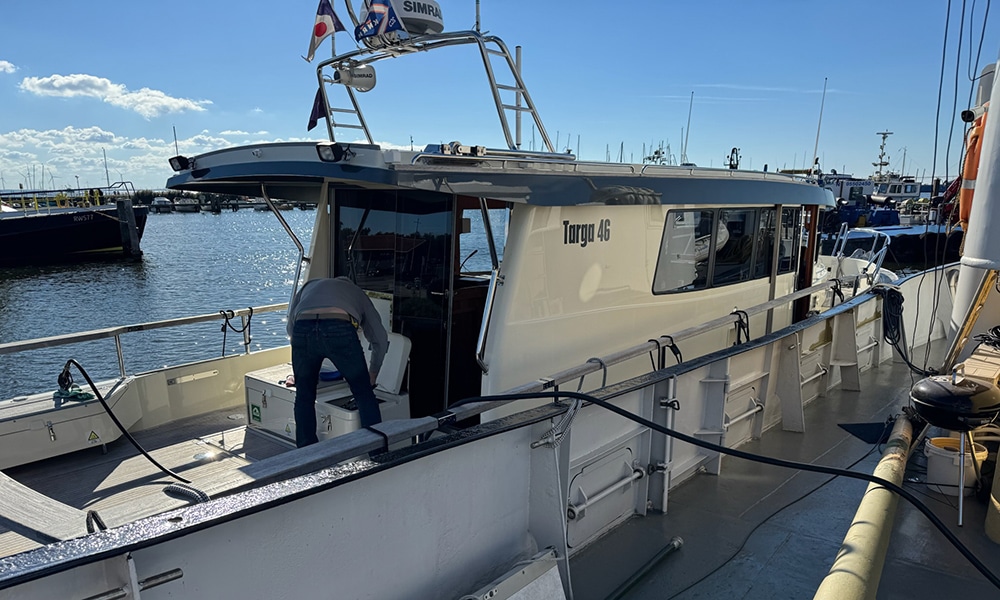Nordkapp Enduro 830 claims boot Dusseldorf award
Nordkapp’s Enduro 830 claims top honours at the 2026 Motorboat Awards in Dusseldorf, securing Best Sportsboats up to 30ft.


The Cruising Association (CA), among others, has expressed strong support for tougher sustainability auditing of Hydrotreated Vegetable Oil (HVO biofuel) following reports of potential fraud in its feedstock supply chain.
A BBC investigation (9 April 2025) revealed that virgin palm oil — associated with deforestation — may have been mislabelled as palm oil mill effluent (POME), a waste product legally permitted in renewable diesel production. The CA welcomes the Government’s inquiry and backs calls for a full ban on all palm oil derivatives in HVO production.
The CA promotes HVO as a transitional fuel to help reduce greenhouse gas (GHG) emissions from recreational boats. However, the association insists that HVO must be sourced exclusively from certified sustainable waste feedstocks, as defined by the UK’s Renewable Transport Fuel Obligation (RTFO) scheme.
Under the RTFO framework, biofuel suppliers must demonstrate a minimum 65% GHG reduction across the fuel’s lifecycle and undergo independent verification to receive Renewable Transport Fuel Certificates (RTFCs).
Government data shows a sharp decline in the proportion of POME used in HVO production — from 25% in 2023 to just 2.4% in 2024. Nevertheless, all UK-supplied HVO over the past five years has reportedly derived from waste, achieving GHG savings ranging from 83% to 91%.
The CA continues to campaign to make HVO more accessible and affordable for boaters. It actively participates in the HVO Joint Working Group alongside the RYA, British Marine, and the Inland Waterways Association to advocate for broader policy support for sustainable boating fuels.
More information can be found at: www.theca.org.uk/hvo-for-boats.
Photo Copyright: The Cruising Association.




Nordkapp’s Enduro 830 claims top honours at the 2026 Motorboat Awards in Dusseldorf, securing Best Sportsboats up to 30ft.


The Moorings unveils Fethiye, Turkey, as a new Mediterranean charter base for summer 2026, opening access to a protected and…


Fairline’s Targa 47 GT and 50 Edition debut on UK waters at Southampton this May.


AI docking, hybrid yachts and major world debuts set the tone for Miami Boat Show 2026.